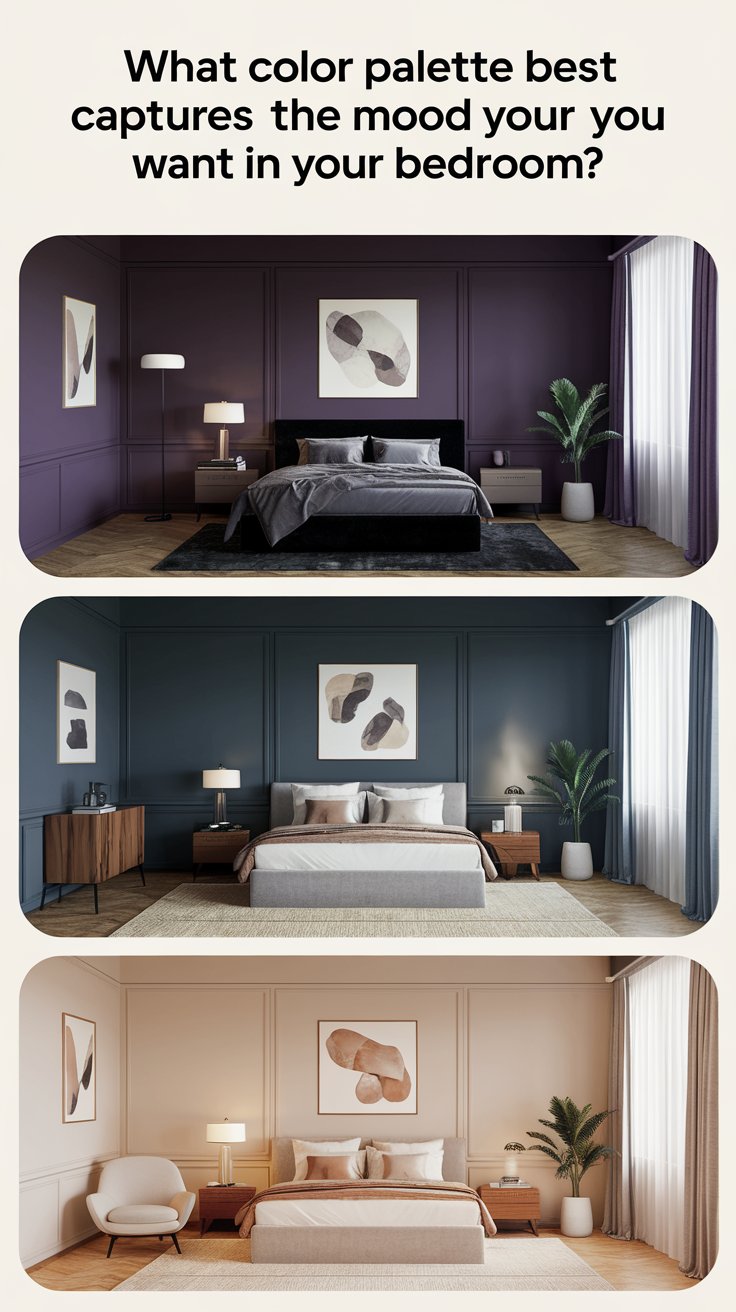Achieving quality sleep begins with the right bedroom ambiance, and bedding plays a significant role. From calming colors to soothing textures, here’s everything you need to know to create a sleep sanctuary.
1. The Science of Bedding and Sleep
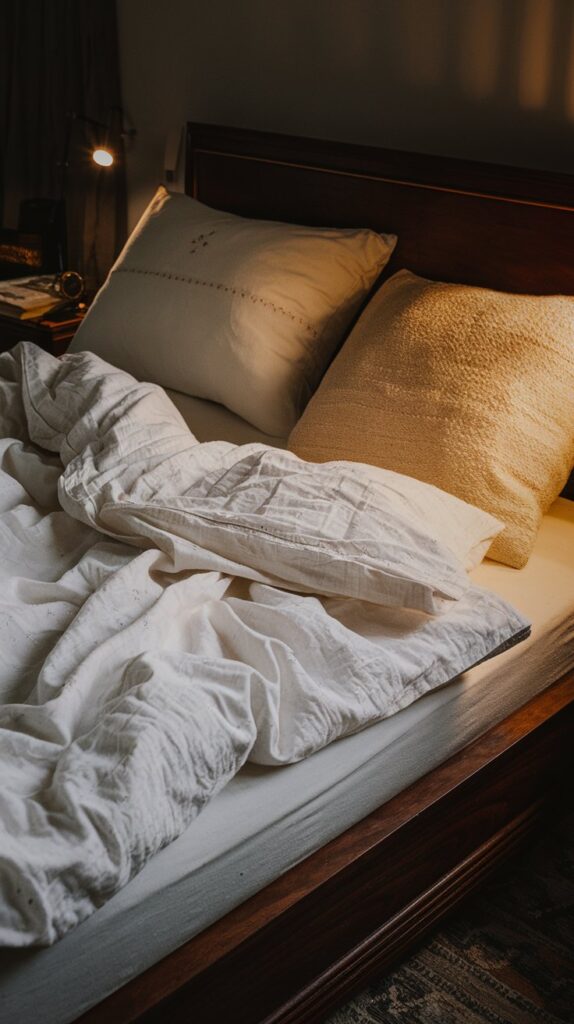
- Overview of how bedding influences sleep quality.
- Explanation of tactile comfort and the psychology of colors in relaxation.
- Importance of temperature regulation and breathability in bedding.
2. Ideal Bedding Textures for Comfort
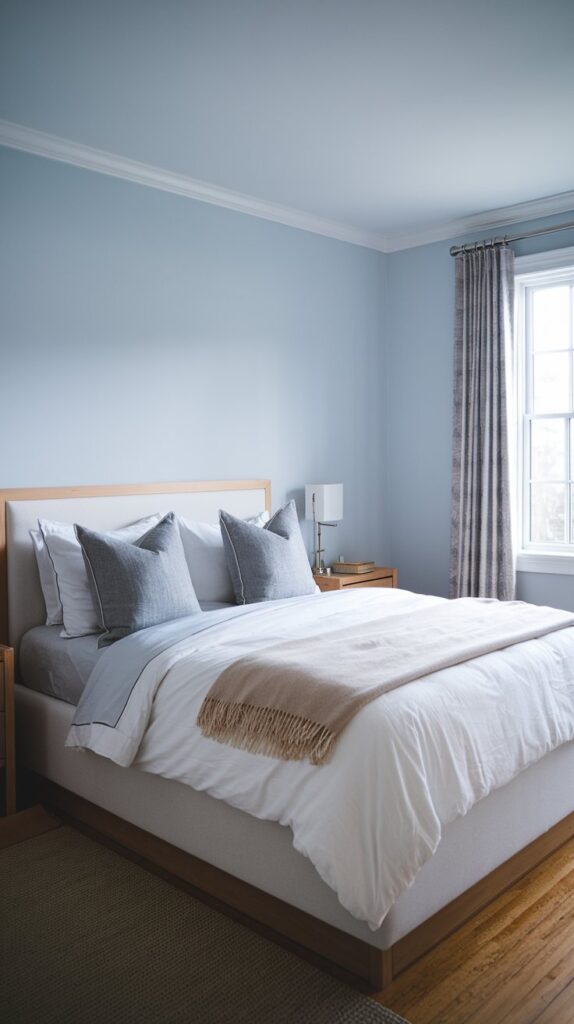
a. Cotton
- Soft, breathable, and durable.
- Egyptian cotton vs. percale and sateen finishes.
- Best for warm or moderate climates.
b. Linen
- Naturally textured and breathable.
- Moisture-wicking properties, ideal for hot sleepers.
- Softens over time for a cozy feel.
c. Bamboo
- Hypoallergenic and ultra-soft texture.
- Eco-friendly choice with excellent breathability.
- Great for sensitive skin and regulating body temperature.
d. Flannel
- Best for colder climates due to warmth and plush feel.
- Adds a cozy, winter-friendly touch to bedding.
e. Silk
- Luxurious, smooth texture.
- Helps regulate body temperature and reduce skin irritation.
- Ideal for allergy sufferers.
f. Jersey Knit
- T-shirt-like softness with stretch.
- Comfortable and casual, suitable for mild climates.
g. Weighted Blankets
- Offers gentle pressure for calming the nervous system.
- Often layered with soft cotton or fleece covers for extra comfort.
3. Colors That Soothe the Mind

a. Neutral Tones
- White, cream, and beige for a clean, minimalist vibe.
- Promote calmness and serenity.
b. Cool Colors
- Shades of blue: sky blue, navy, and teal for tranquility.
- Lavender and soft lilac for a relaxing, spa-like feel.
c. Earthy Hues
- Sage green, taupe, and terracotta for a grounding effect.
- Reflects nature and creates a cozy ambiance.
d. Subtle Patterns
- Gentle stripes, small florals, or abstract designs in muted tones.
- Adds character without overstimulating the mind.
4. Combining Textures and Colors for Sleep Optimization
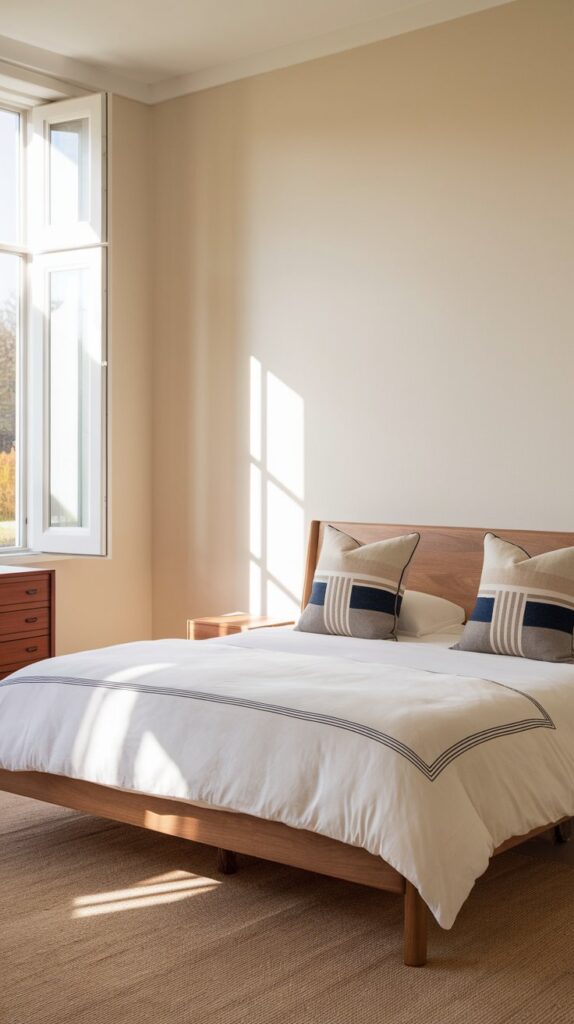
a. Seasonal Bedding Choices
- Lightweight fabrics like cotton and bamboo in summer paired with pastel or neutral colors.
- Heavier textures like flannel or silk blends in winter with earthy or deep tones.
b. Layering Techniques
- Layering with a combination of textures (e.g., cotton sheets, linen duvet cover, and a weighted blanket).
- Mixing complementary colors to enhance the visual appeal without overstimulation.
c. Matching Bedding to Room Décor
- Keeping bedding colors aligned with wall tones or soft contrasts for harmony.
- Incorporating accent pillows and throws for added texture and style.
5. Special Considerations for Personalized Comfort
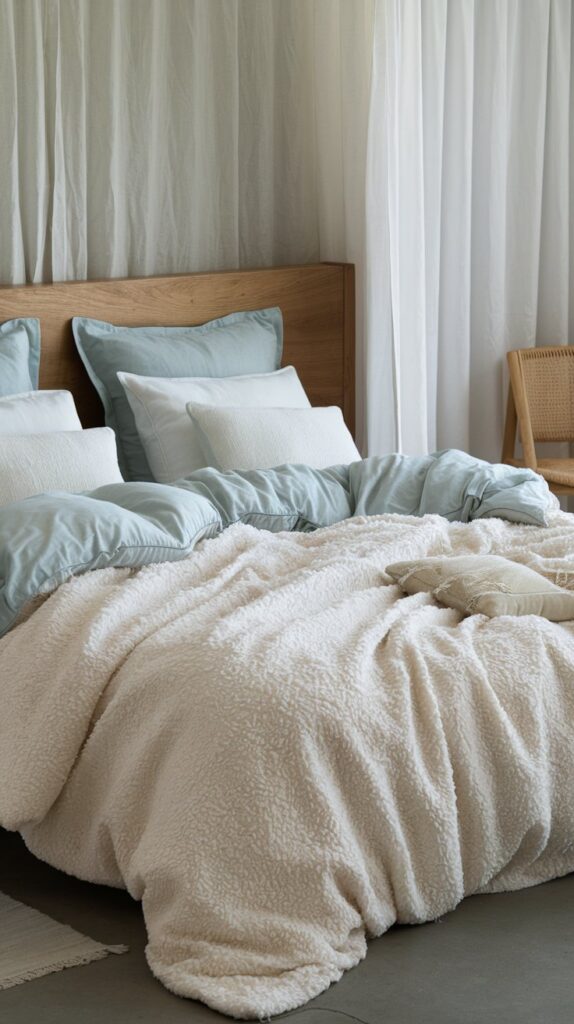
a. Sensitive Skin and Allergies
- Opt for hypoallergenic materials like bamboo or organic cotton.
- Avoid heavily dyed fabrics that may irritate.
b. Climate Adaptations
- In humid climates, choose moisture-wicking fabrics like linen or bamboo.
- In cooler regions, focus on textures like flannel or silk for warmth.
c. Weighted Comfort for Anxiety Relief
- Benefits of weighted blankets and how to pair them with soothing textures.
6. Maintenance Tips for Long-Lasting Comfort
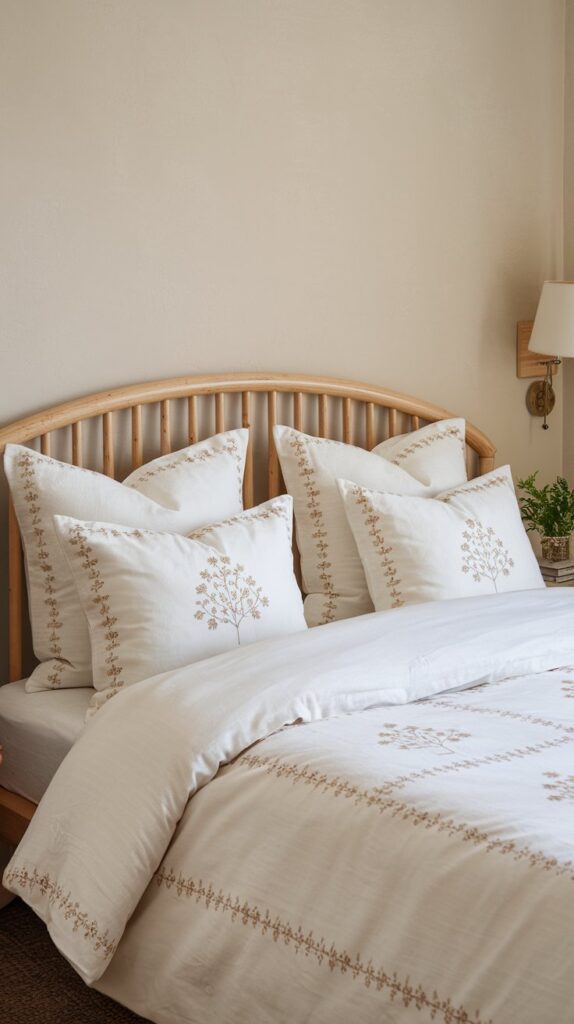
- Washing instructions for different textures to maintain softness and durability.
- Choosing fade-resistant colors for lasting vibrancy.
- Seasonal rotation of bedding for optimal performance.
7. Conclusion: Designing Your Sleep Haven

Investing in the right bedding isn’t just a luxury—it’s essential for restorative sleep. By blending calming textures and soothing colors, you can create a haven that promotes relaxation and ensures you wake up refreshed.




